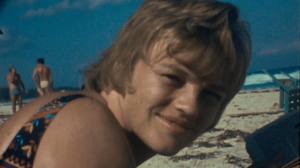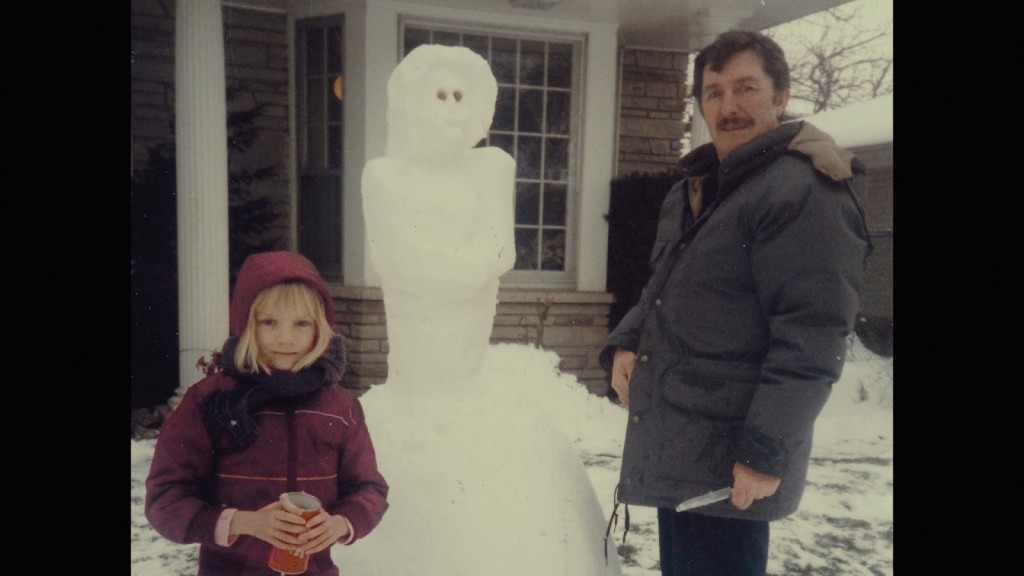

Sarah Polley wants to tell us the truth; she just isn’t capable of it. It isn’t as though the actress (“Go,” “Dawn of the Dead”) has some fatal flaw as a director now that she helms her own films. In fact with last year’s “Take This Waltz” and now with this striking documentary called “Stories We Tell,” Polley has concreted herself as one of the most HONEST filmmakers working. She is so brutally upfront with us that she lets us know that with this latest work she can give us nothing but lies. Or let’s call them misguided memories and modern myths. One thing about “Stories We Tell” that is 100% true: This is the first Must See Film of 2013.
That the truth is so elusive is a brilliant revelation that couldn’t come at a worse time. The reason for trying to mine out the truth unfiltered in “Stories We Tell” is because the film focuses on Sarah’s mother, Diane Polley, who died of cancer when Sarah was very young. In an attempt to paint an accurate picture of the woman, Sarah turns her cameras onto her family to have them tell Diane’s story to the audience and, ultimately, to Sarah herself.
At first swipe we see that Diane was a beautiful, happy woman who loved life. Stories are told by her children (all of which are much older than Sarah), her friends, and Sarah’s stoic father Michael who is shown recording the film’s narration that he wrote to his lost love. Archived home video footage is used to fill in the blanks left by the interview footage. As the stories reveal new truths, Sarah becomes more involved and visible in her film as the focus shifts from her mother to Sarah and how she deals with new facts discovered.

There are secrets waiting in “Stories We Tell” that I will not reveal or even hint at. For me much of the joy of watching the film was letting these secrets come to light when they are meant to be exposed. It is my hope that many other reviewers follow suit as it is important component. If you read or hear anything that starts to spoil, run for the hills.
“Stories We Tell” unravels in a way that plays like investigative journalism you see on television with shows like “60 Minutes” or “20/20”. As you scratch at the surface you see that people always remember fondly and gloss over reality. Was Diane ALWAYS full of cheer with her laughter filling every room she ever walked into? Probably not.
As Sarah realizes that her documentary is no longer about what she intended and that coming to some pure truth is not possible, the film takes on another tone and becomes about the manipulation of truth on many layers. You see something and tell someone about it and it inevitably goes through your “filters” as you remember parts that stuck out to you as most important. Maybe you forget components completely. If you remove any element, it is no longer true. And even if you were there for the important event, how you store into the mind will always be flawed, always lacking all the details that made that event unique.
Polley is able to turn this eye onto the documentary filmmaking process itself. It’s a very Meta-thought as the film becomes about what the film can and cannot be but she is able to take this turn and make it feel natural. Like I said, she’s incredibly honest to the point that she shares her family’s most intimate secrets and flaws while pointing out that she is, in fact, manipulating us the entire time. How she reveals what and when, as the music swells and we cut to a picture of Sarah as a kid dealing with her dying mother. All choices she makes to tell us the Truth.


